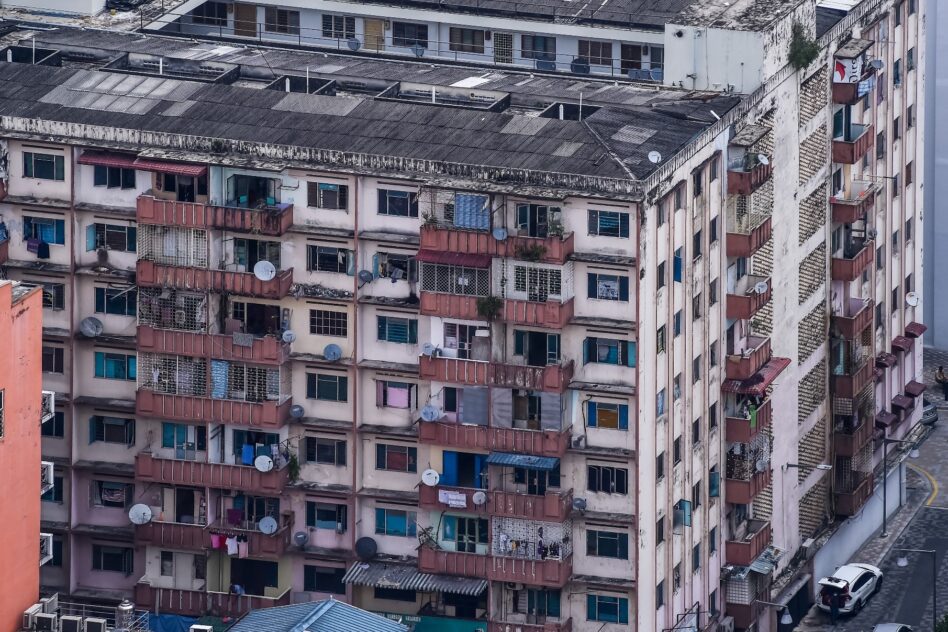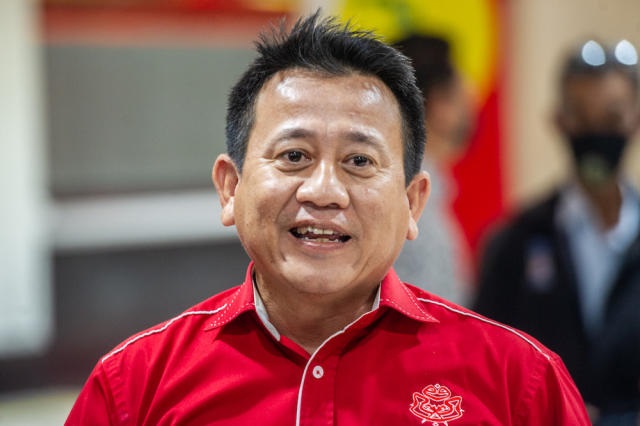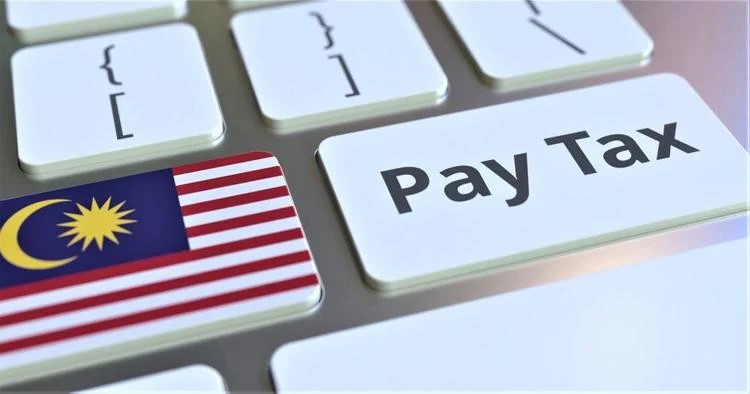By Anton Ambrose
PARKED aircraft, a common sight these days at airports large and small around the world, are great for AV geeks, but bad for airlines and the industry.
Some 14,400 out of 22,000 Airbus and Boeing jets operated by passenger airlines have been parked — that’s more than 50% of aircraft grounded. These numbers are marginally better in Asia Pacific, with 49% of total aircraft registered in the region still operating.
Such is the impact of Covid-19 on the airline industry, that some airlines and airline CEOs who adopted “have metal will fly” strategies until a few months ago are now resorting to making Instagram videos to ask its customers to accept credit shells over full cash refunds.
While governments across the world are assessing how to square the circle, airlines and airline executives in Malaysia should stop trying to be internet memes and focus on preparing themselves for the new dawn in air travel once travel restrictions are lifted and border controls eased.
Let’s get one thing straight. This is a public health, economic and social crisis rolled into one. History is a great teacher. The world and especially the airline industry should learn that those who lived through the Great Depression never returned to their previous ways. If this was the case in the late 1920s, why should it be any different in 2020?
New protocols are required and needed fast. In Malaysia, overcapacity was, is and forever will be a huge problem in the airline industry if the government continues to give out AOCs (air operator certificates) like it was dishing out free candy at county fairs (Remember Rayani Air and Mojo Air?). Overcapacity in Malaysia was never addressed when the economy was on V1 rotate despite being cited as the reason for Malaysia Airlines’ persistent losses. Was it addressed? No. Why not? God knows.
There’s been much talk on ways to address the economic impact on the industry, but no one has so much as suggested protocols to address the public health and social concerns bar Emirates. Instead, the industry and some commentators are talking about middle seats becoming something of the past in this new world. In Malaysia, there is even talk about bailing out one private-owned airline and merging it with a state carrier that’s on the throes of demise, yet again.
Do they not see the bigger issue here? Are they missing the wood for the trees? Airline seat configuration, loans, set-off, merging one failed airline with another make great news items in the 90s and noughties but it is not the solution to the current situation.
If owners and the government of Malaysia are serious about running an airline post this pandemic, they need to address public health concerns, distance protocols and relook revenue models to provide better fiscal legroom in light of recent developments.
Airlines need to ensure that they optimise their revenue per seat kilometre by adopting agile networks strategies, optimising their fleet utilisation and resetting capacity strategies to focus on routes that have been profitable and revenue models that ensure they deliver on that promise. All that should be done with all the required protocols in place.
Embarking on a digital transformation to try and make the back and front-of-house systems leaner and more efficient is also needed in this new norm. Artificial Intelligence and the Internet of Things (IoT) can no longer be jargons CEOs use to impress shareholders but tools and innovations needed to run an airline.
While passenger airlines have heavily reduced their services over recent weeks, the air cargo market has gone into overdrive as a result of the coronavirus pandemic. Airlines in Malaysia should also take advantage of the current boom in air freight.
Demand for freighters has spiked given the sharp reduction in belly capacity associated with the reduction of passenger flights, as well as heightened demand from China as the country starts to emerge from its coronavirus shutdown. Shifts in global trade flows immediately after the coronavirus crisis has passed will also shape the recovery and the airline industry should position itself to capitalise on the opportunity.
The fact Malaysia Airlines has superjumbos parked majestically at the aprons of KLIA, collecting dust, while similar aircraft are being used by China Southern Airlines, Lufthansa and Qatar Airways as cargo freighters tell us all there is to know about the state of the airline industry in Malaysia and the mindset of the people who run them. This “Why work when I can play golf, read a religious book, post it on Instagram and get the government to give me a loan” mentality needs to stop.
The government of Malaysia and shareholders of these airlines should stop trying to protect the old, the entrenched and the irrelevant. The crisis calls for the reshaping of attitudes and the new realities call for different policy approaches. The old playbook may help put out short-term fires but an entire new approach and mindset must emerge if airlines want to fly, let alone soar again.
There’s no point in sustaining an unsustainable business in a competitive environment. We’ve got to be sure where the money is and whether there is going to be a return. Otherwise, we’ll be like a dog chasing its own tail. Airlines in Malaysia have been doing that for years. It’s time for change, because if airlines in Malaysia and the people who run them don’t like change, they’ll like irrelevance, even less. — April 27, 2020
Anton Ambrose is a former airline professional









